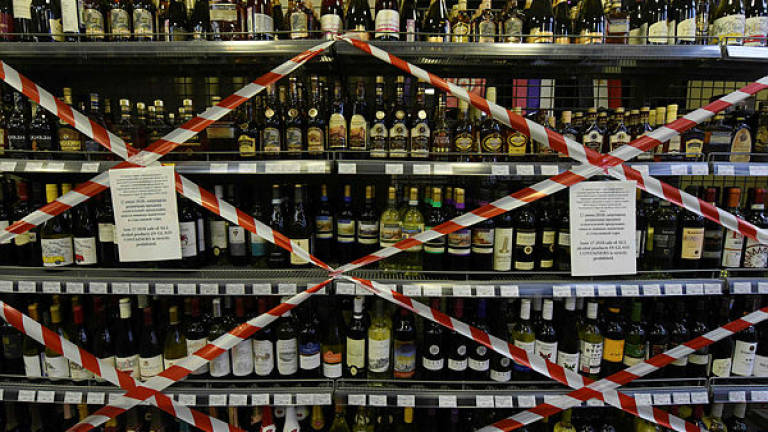ALCOHOL, cigarette and gaming taxes are a popular way for governments to raise revenue. Furthermore, increasing such taxes are attempts to reduce the number of smokers, drinkers and gamblers. The excise or “sin” taxes have created price differentials among legitimate producers, distributors and operators.
Consumers sometimes exploit those price differentials by buying duty-unpaid alcohol and cigarettes. They acquire their supplies from grocers and/or from smugglers.
There are many who gamble who prefer to participate in illegal gaming outlets as the payoff is more attractive and payment method is speedier and there is the option of cash payments. Illegal online gambling is popular with those who are a little more high tech and can do so anytime and any place.
Obviously, illegal shipments of alcohol and cigarettes are smuggled into the country and/or allowed to enter by corrupt officials. This tax evasion and avoidance is rampant in some nations.
Sadly, Malaysia is not immune. Policymakers should consider this fact when looking to impose higher excise taxes on alcohol and cigarettes. Higher sin taxes often stimulates activities of the smuggling industry compounded by weakness in enforcement and when corruption is prevalent.
The same applies to illegal gambling, it drains the country’s sin tax resources. Corrupt money from gaming syndicates is so attractive that some enforcement officers are blinded and they even facilitate the operations of illegal gaming activities as it is a major source of monthly income.
There are two major types of smuggling: “casual” and “commercial”.
Casual smuggling involves individuals buying duty-unpaid alcohol and cigarettes from sundry shops, crossing the border or shopping online. The alcohol and cigarettes are most often for personal consumption.
Some of this individuals who buy for their own use tend to cover their drinking and smoking cost by being part-time agents and selling to other consumers.
The commercial aspects are organised operations involving large shipments. This illustrates the lucrative nature of the illicit trade. Research shows a significant amount of sin tax is lost due to poor enforcement and unethical officials.
Tax evasion and avoidance is not the only negative consequence of high excise taxes on alcohol and cigarettes besides loss of major income for government.
It has created many unwarranted white collar criminals who have taken the opportunity to be involved in the sale of duty-unpaid alcohol and cigarettes. Some become part-time bookies.
Those involved fail to see themselves as deviant. They claim that the only wrong in this scenario is that they have evaded sin tax. They view it as a victimless crime.
There are ethical enforcement officers who fight this scourge but with little success. Many view accepting bribes from sin tax evaders as clean money. Enforcement officers on the take view such income as clean and that it does no harm. Obviously, their mindset deviates from integrity, good governance and ethics.
Ethical enforcement officers have been threatened. Some officers have even been co-opted by the smugglers with the lure of easy money and buying power.
Remarkably, all the unintended consequences of sin tax avoidance have been in existence for decades.
Alcohol and cigarettes are still legal today, but excise taxes on them are so overpriced that drinkers and smokers suffer what we call as “sin tax denial” syndrome. That is, the price of alcohol and cigarettes is so high that they are effectively beyond the reach of consumers.
With a strong preference for the habit, many drinkers and smokers turn to the illicit market for affordable alcohol and cigarettes. Even when drinkers and smokers continue to pay sin taxes, there are criminal elements willing to take the risk for massive profits.
Legitimate gaming companies need to make their prizes more attractive compared to those offered by illegal gaming operators. Collection of winnings must be more convenient.
Before the government looks to raise sin taxes, it should be acutely aware of the unintended consequences and the unreliable revenue stream these taxes provide for criminal syndicates and many “part-time” white collar crime offenders.
Mostly, tax evasion in the illegal alcohol, tobacco and gaming world creates a conducive culture for corruption and unwarranted part-time white collar criminals.
Associate Professor Datuk Dr P. Sundramoorthy
Research Team on Crime and Policing
Universiti Sains Malaysia











